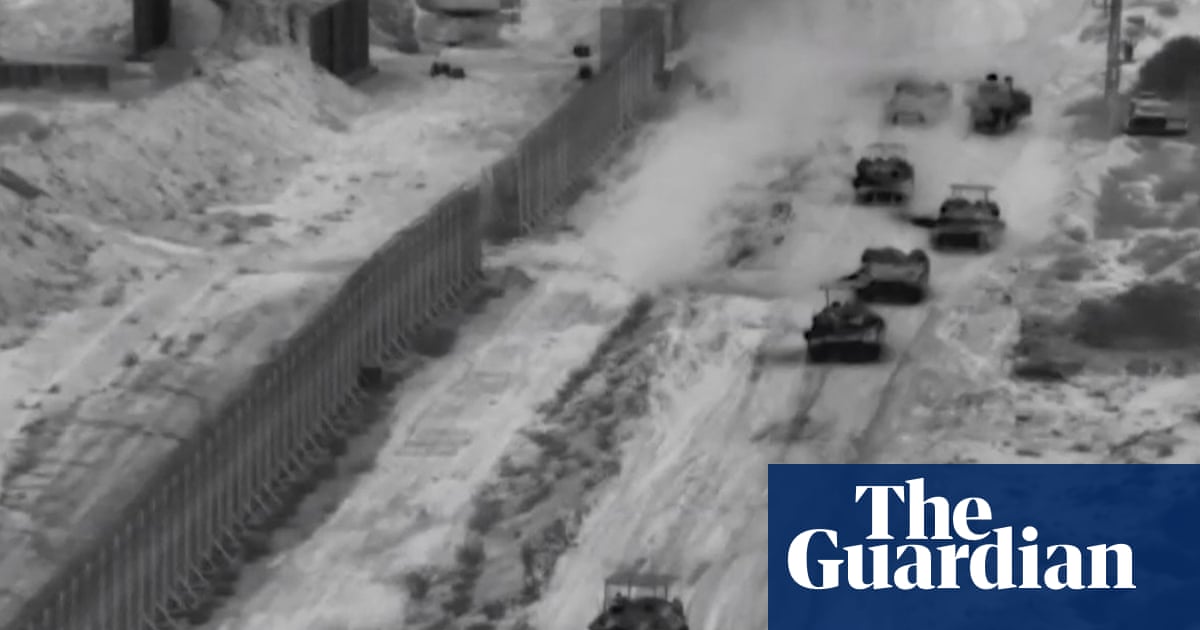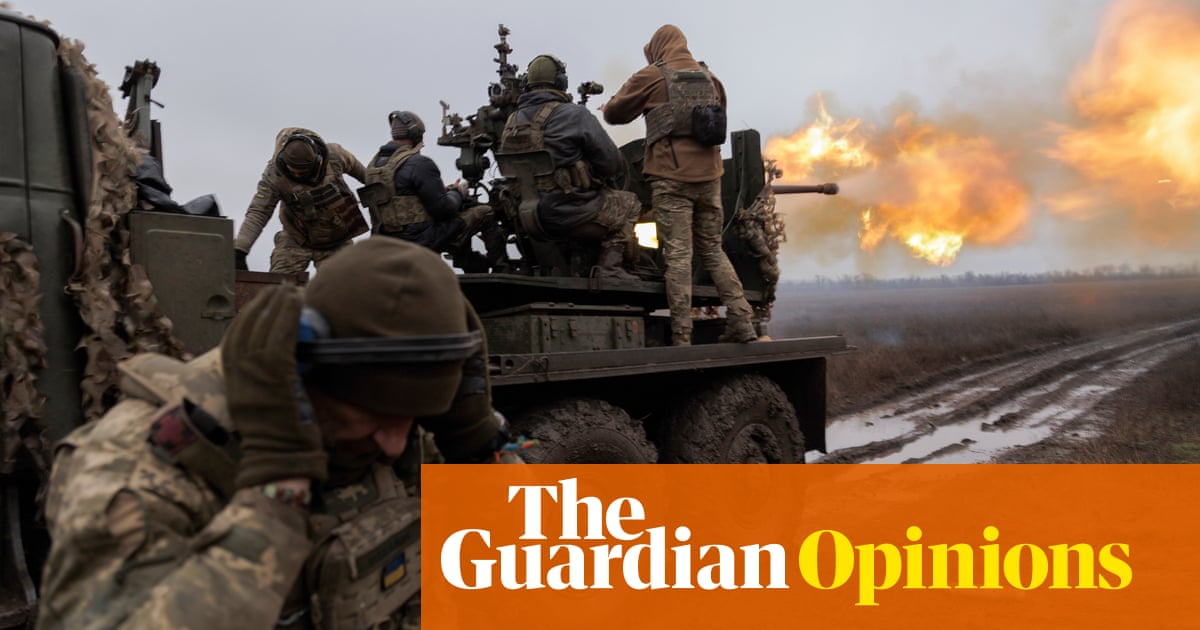
China’s new security laws for the once autonomous territory of Hong Kong are as aggressive as they are wide reaching. They give Beijing extensive powers superseding Hong Kong’s police and judicial and policy bodies, ensuring the new laws are not watered down or interpreted away from Beijing’s intentions.
People can be detained for a number of alleged offenses, from inciting hatred of the central government to damaging transport facilities, and the intentionally vague “collusion with foreign forces.” Foreigners are also subject to this law, including those who have never visited China or Hong Kong. Should Beijing allege any wrongdoing, non-residents are at risk of detention on their arrival in Hong Kong, with sentences from three years to life in prison.
So far, the global response has been tepid, relegated to reactionary band-aid solutions — a byproduct of old thinking, based on vested interests in a prosperous China, and by extension, a far more stable East Asia. Deep economic ties and extensive inter-reliance may have engineered prosperity, but it came with unintended consequences. It subverted constant vigilance and the critical planning required to mount serious global responses to a now wealthier, more powerful and geopolitically aggressive Beijing, eager to flex its muscles and just raring for a stand-off in its ascendancy to being the world’s dominant power.
China’s displays of uncharacteristic deference and conciliatory behavior in the pre-Xi Jinping era lulled the world into the erroneous perception that Beijing would never cut off its nose to spite its face, given Hong Kong’s status as China’s gateway to the financial world. Such thinking made sense in the 1990s and early 2000s, when Hong Kong’s GDP as a percentage of mainland China’s GDP was in double digits. Today, it is less than 2 percent
Of course, there is a lot of talk about decoupling, but that could be messy. A palpable fear still spans the globe discouraging any move to punitively isolate China, since it risks at worst plunging the world back into uncharted territory, or at best great power tensions reminiscent of the Cold War. The mostly democratic, Western-led world order now faces a smarter, wealthier, more capable adversary that has pored over the lessons from the fall of the Soviet Union and structured itself to prevent that from occurring.
History has also proved that isolation is self-reinforcing and leaves few diplomatic avenues for compromise, which risks even more aggression since Beijing has few concerns about how its actions affect other nations. Additionally, things are already precarious on the global stage, given the pandemic, rising unemployment, mounting debt, intensifying geopolitical struggles and a looming recession. Deep economic ties remain between China and most of the world"s economies, and developing nations in particular are heavily dependent on Chinese manufacturing appetite for their mineral resources. Thus, any meaningful global economic recovery will be reliant on maintaining some version of those ties.
China’s new security laws for the once autonomous territory of Hong Kong are as aggressive as they are wide reaching... So far, the global response has been tepid, relegated to reactionary band-aid solutions.
Hafed Al-Ghwell
However, Hong Kong is not and should not just be another victim of Xi Jinping"s “One China” policy, which has already placed a firm hand over Xinjiang, conquered Tibet and generated escalatory rhetoric and provocative actions toward Taiwan. Hong Kong has become a crucial test, a rallying cry for the defense of free expression and individual liberties, particularly for Western democracies. Hong Kong’s elevated status as “Asia"s world city” was intricately tied to the preservation, exercise and protected existence of the freedoms Beijing now wishes to erode. The world can no longer afford NOT to respond, and fortunately there are some good options still available.
The move to consolidate its power in Hong Kong is a sign that Beijing is ready, or at least able, to counter any global furor, and it is too late to expect it to withdraw the security laws. Any global response will need to increase the cumulative economic and diplomatic cost of enacting these draconian laws and deterring the introduction of further infringements on Hong Kong’s liberties. The UK, the US and Taiwan have already pledged to provide Hongkongers with a path to citizenship, which has the potential to inject Hong Kong affairs into the political discourse of nations capable of punitively and permanently minimizing ties to China.
In terms of direct action, a change of guard will have to take place in Washington, since the Trump administration has been largely uninterested in warning off Beijing in order to preserve its proposed trade deal. Should that occur, it can be reasonably expected that the next administration can mend frayed ties and take charge of an incensed global coalition implement a variety of options.
Stepping up patrols in the South China Sea, for instance, would ward off provocative Chinese naval exercises on Taiwan’s doorstep and remind Beijing that Taiwan is off-limits — which could also be enhanced by increased diplomatic recognition and full membership of global institutions. Establishing deeper economic and military ties with countries that share land and maritime borders with China will deter further aggression and neutralize the threat posed by the Nine-Dash Line. Incentivizing or pressuring multinationals with manufacturing operations in China to shift that capacity to Vietnam, Indonesia, the Philippines, Mexico, South America and even the Middle East has the added benefit of not centralizing global manufacturing in a single country, to prevent another global shutdown by a pandemic. Enforcing sanctions targeting specific highly influential, well-connected individuals with a hand in Hong Kong"s demise will freeze them out of financial markets and overseas tax havens, making it impossible to profit from their access to or positions in the Communist Party hierarchy. Expanding the revocation of Hong Kong’s preferential treatment as a separate customs territory will add more pressure on previously exempted financial, international trade and other business sectors to shut down operations.
Far more response options exist than can be listed here; even though the deep ties and inter-reliance of the early 2000s may have neutered early responses to Chinese excesses, they now offer a multitude of avenues to launch punitive actions. Beijing will probably retaliate, but powerful as the country has become, it still has far more to lose from isolation than crossing any red lines established by an international response to its behavior in Hong Kong. Therefore, the worst thing the world can do now is to do nothing.
Hafed Al-Ghwell is a non-resident senior fellow with the Foreign Policy Institute at the John Hopkins University School of Advanced International Studies. He is also senior adviser at the international economic consultancy Maxwell Stamp and at the geopolitical risk advisory firm Oxford Analytica, a member of the Strategic Advisory Solutions International Group in Washington DC and a former adviser to the board of the World Bank Group. Twitter: @HafedAlGhwell
Disclaimer: Views expressed by writers in this section are their own and do not necessarily reflect Arab News" point-of-view












